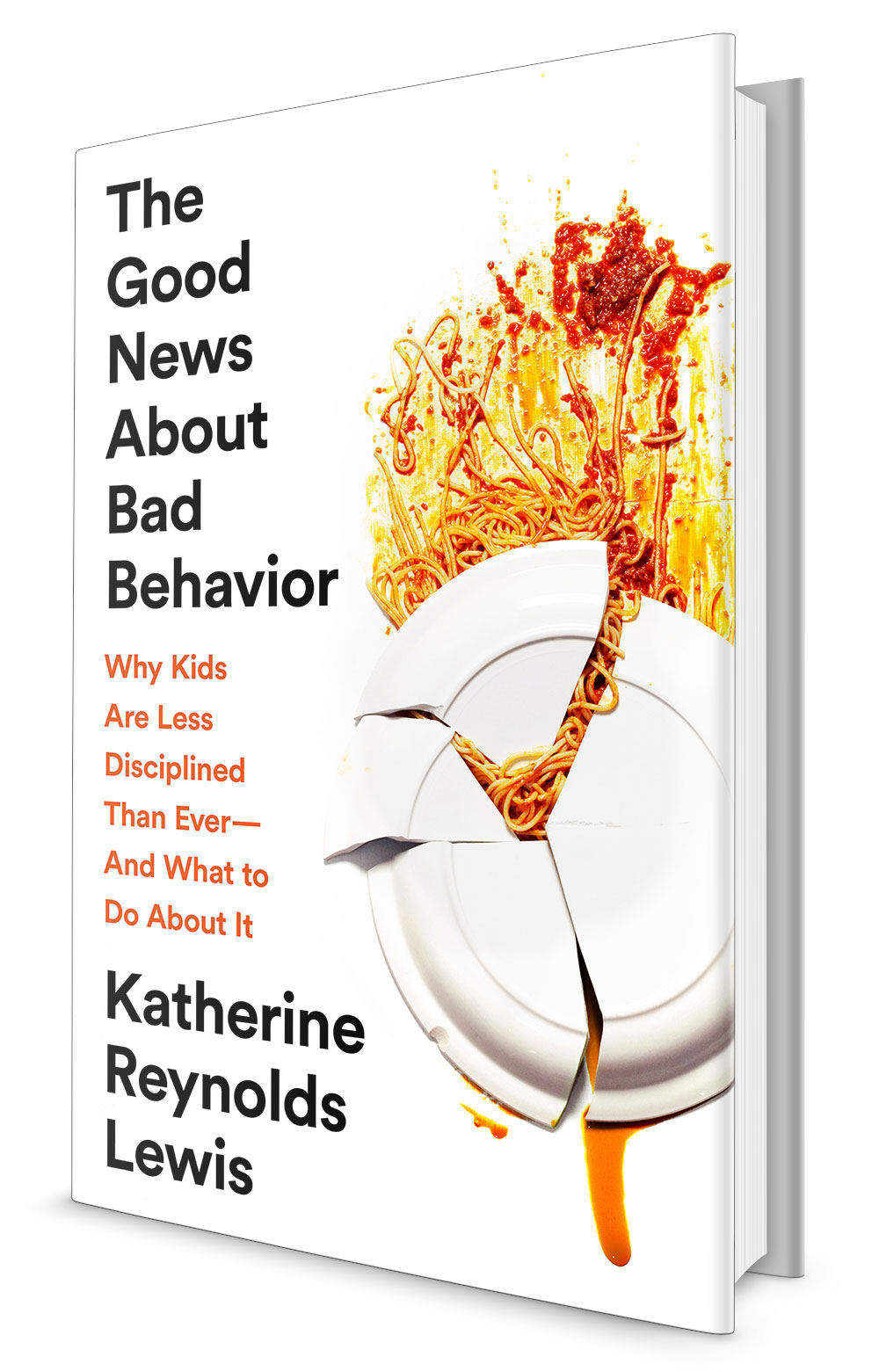Here are some edited highlights from the Washington Parent article (you can click through to their site to read the full text):
1) Why does parenting today seem so much more difficult than it was for our parents?
We take it more seriously. Our parents…let the community raise us and let us raise ourselves. There was more of a community a generation or two ago. The world was not as fast and complicated as it is today. We take on more than our parents did, and we live in a world that seems less secure.
2) You see adult happiness as originating in childhood. With so many factors influencing adult life, is happiness really something that parents can control?
You can’t control happiness, that’s for sure, but you can do all that is possible to maximize the chances that your children will grow up to be as happy as they can.
3) You emphasize the importance of parents creating a “connected” atmosphere for children. What are the elements of connection?
Connection to family, friends, neighborhood, locale, country, school or work, nature, pets, activities, places, the past, organizations, groups, teams, ideals, a spiritual connection, and connection to self.
4) In your book “Driven to Distraction, Recognizing and Coping with Attention Deficit Disorder from Childhood through Adulthood” you describe ADD as a style of living instead of a diagnosis.
I see ADD as a trait, not a disorder. If it is managed properly, it can be a great asset in your life.
5) What are some of your tips on ways that parents can positively structure life for the ADD child?
Above all, love them. Next, develop a routine so they get enough sleep, exercise, and positive human contact. Next, set up reminders and other tricks for getting organized.
6) Parents are bombarded with advice about how to raise their children, from well-meaning relatives to talk show programs. How can parents know what advice to trust and knit together a parenting approach that works for their family?
Pick a few people you know well and trust. Listen to them. Be open to all suggestions, but be a slave to none. Trust your own instincts, but at the same time be humble and aware that sometimes your instincts lead you astray. Never worry alone. Stay connected with people you care about and can talk openly with.
7) Many parents rely on rewards. Could you share your thoughts on why rewards don’t work in the long run?
Ultimately, the reward is in playing the game. You want to get your kids excited about life itself, what psych people call the intrinsic reward of an activity, and not rely on the extrinsic reward. Of course, some extrinsic rewards are necessary; not many adults would work for no salary, for example. But, even there, you do better work if you love your job and not just work for the paycheck.








Leave A Comment